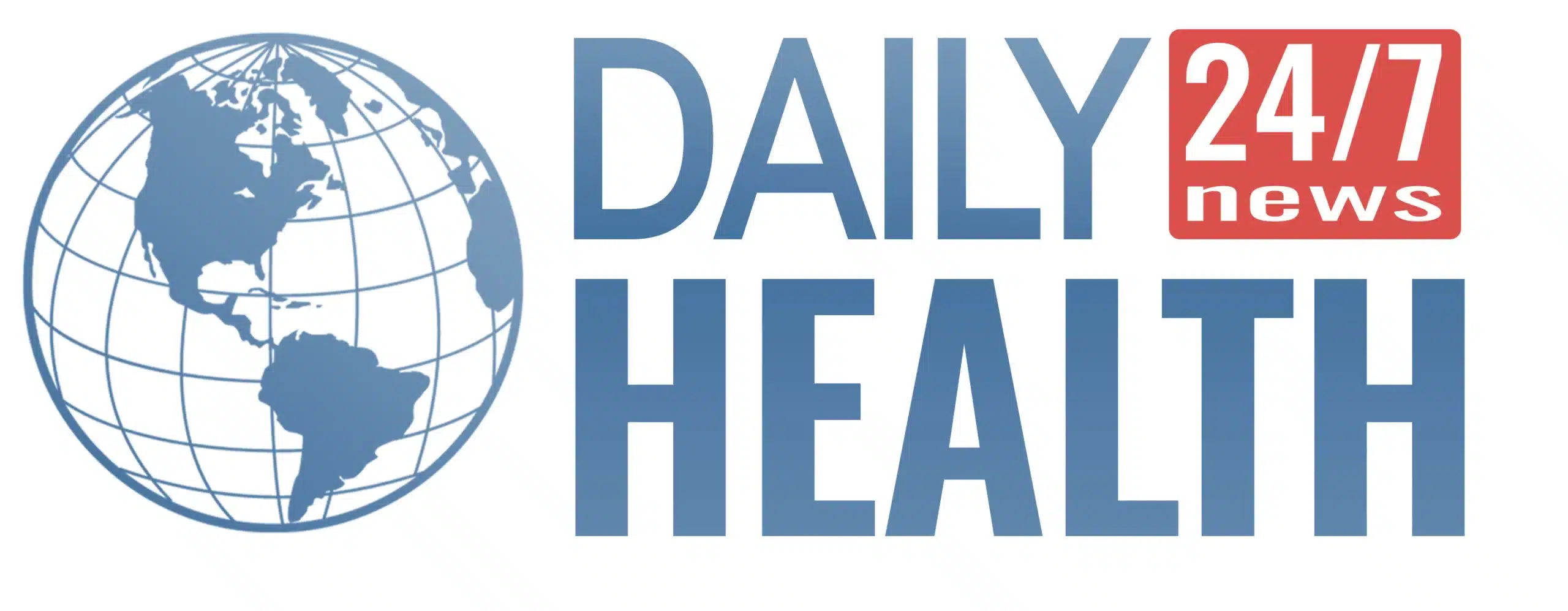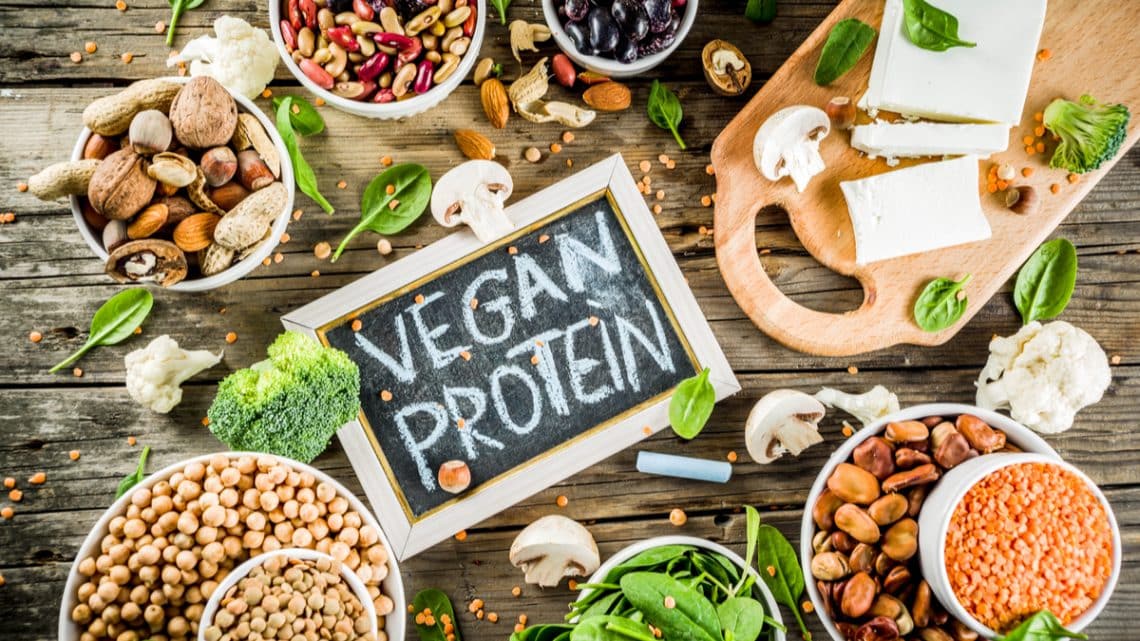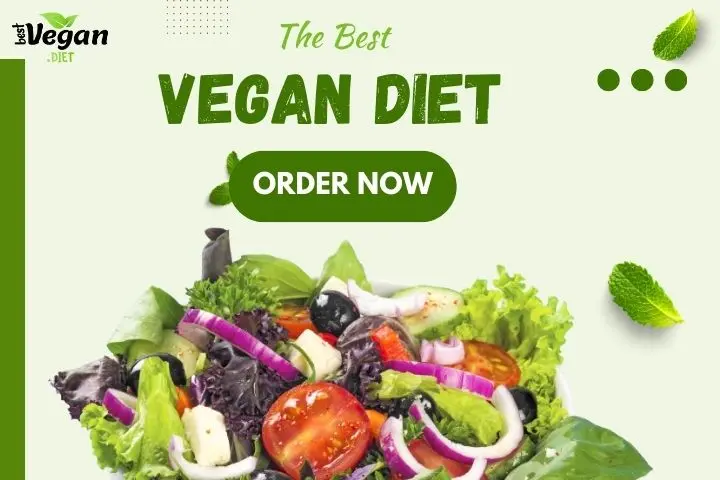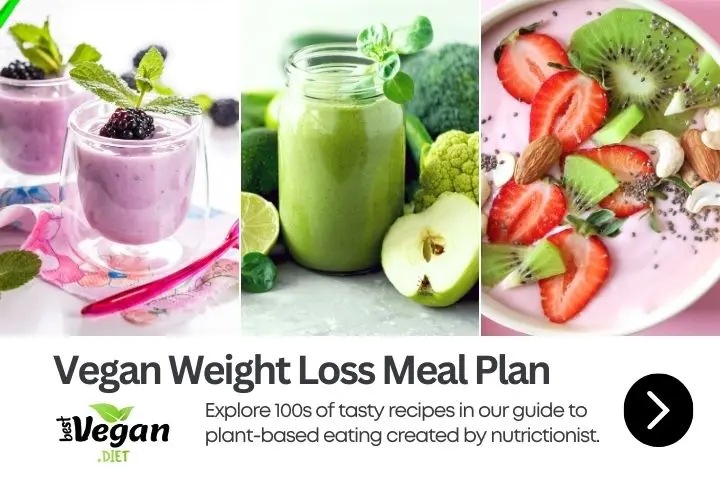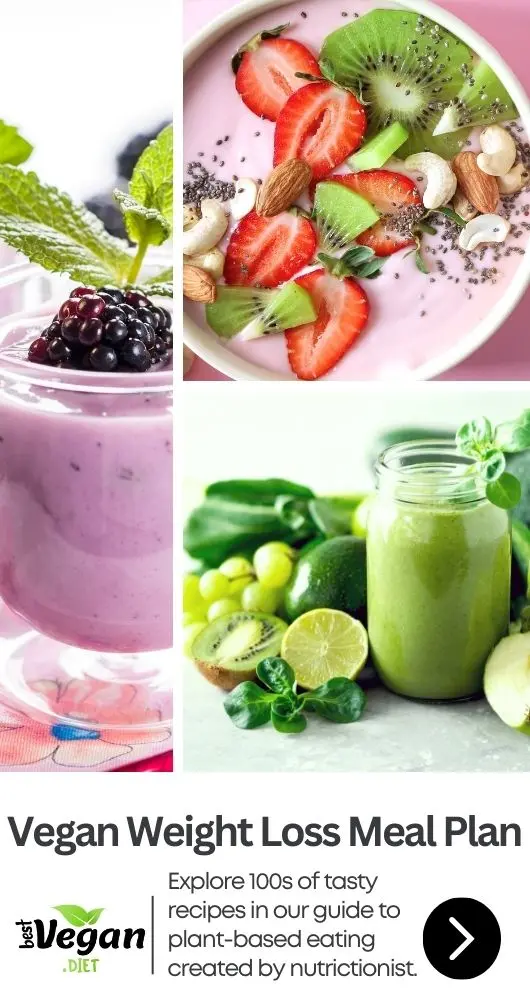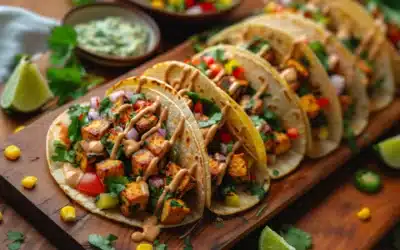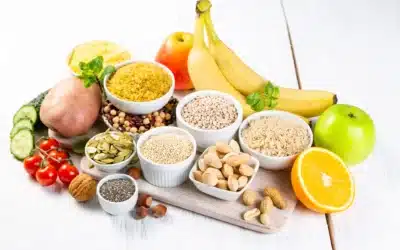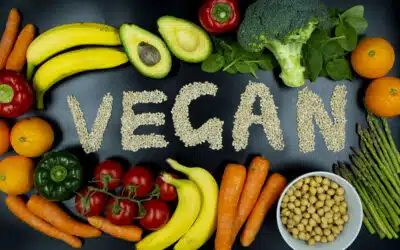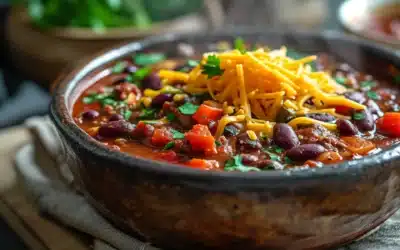In the quest for muscle building and fitness, protein plays a pivotal role. Traditionally, animal-based foods have been the go-to source for this crucial macronutrient. However, with a rising awareness of health, environmental, and ethical concerns, many fitness enthusiasts are turning towards plant-based diets. This shift brings forth an important question: Can a vegan diet provide enough protein for muscle building? The answer is a resounding yes. Vegan diets, when carefully planned, can be just as effective in supporting muscle growth as their meat-based counterparts.
The key lies in understanding the variety of protein-rich plant foods and how to incorporate them effectively into your diet. From legumes and nuts to tofu and seitan, the options are diverse and flavorful. In this article, we will explore the top 7 high-protein vegan meals that are not only nutritious but also delicious, ensuring that your journey to muscle building is both enjoyable and effective. Get ready to challenge the myths and embrace the power of plants in fueling your fitness goals!
The Nutritional Science Behind Vegan Proteins
Proteins are the building blocks of muscle, and understanding their role in a vegan diet is crucial for effective muscle building. Contrary to popular belief, a plethora of plant-based foods offer rich protein sources, essential for those looking to enhance muscle mass without relying on animal products.
Complete vs. Incomplete Proteins: In the context of a vegan diet, it’s vital to understand the difference between complete and incomplete proteins. Complete proteins contain all nine essential amino acids that the body cannot produce on its own. While most animal proteins are complete, plant-based proteins often need to be combined to achieve this completeness. Foods like quinoa, buckwheat, and soy are exceptions, as they’re complete proteins on their own.
Complementary Proteins: For those relying on a variety of plant sources for protein, the concept of complementary proteins becomes important. This involves combining different plant-based proteins to ensure a full range of essential amino acids. Examples include rice with beans, hummus with whole-grain bread, and peanut butter with whole-grain toast.
Bioavailability and Absorption: Another aspect to consider is the bioavailability of protein in plant-based foods. The body’s ability to use protein depends on its digestibility and amino acid composition. Fermentation, sprouting, and cooking can enhance the bioavailability of plant proteins.
High-Protein Vegan Foods: Some of the best vegan protein sources include lentils, chickpeas, tofu, tempeh, seitan, nuts, seeds, and plant-based protein powders. These foods not only offer a good protein punch but also provide other essential nutrients like fiber, vitamins, and minerals.
Health Benefits: Apart from muscle building, plant-based proteins offer additional health benefits. They are often lower in saturated fats and higher in fiber, contributing to better heart health, improved digestion, and a lower risk of certain diseases.
Incorporating a variety of these protein sources into your diet ensures not only muscle growth but also overall health and well-being.
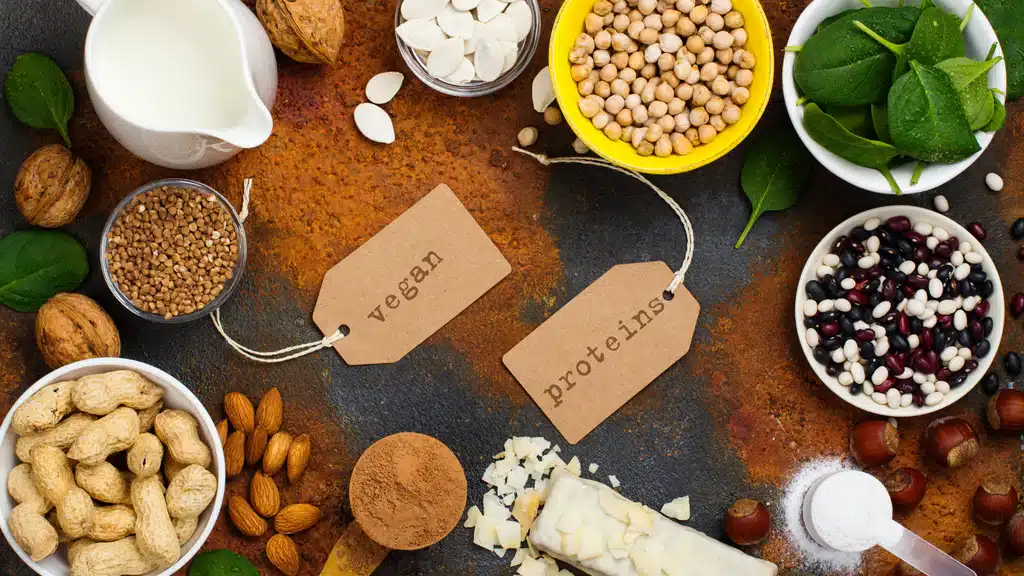
Top 7 High-Protein Vegan Meals
Lentil and Quinoa Salad: A powerhouse of protein, this salad combines lentils and quinoa, both rich in essential amino acids. Add a mix of fresh vegetables, a drizzle of olive oil, and a squeeze of lemon for a refreshing and nutritious meal.
Chickpea and Spinach Curry: Chickpeas are not just protein-rich but also packed with fiber. Pair them with spinach in a flavorful curry, served over brown rice or quinoa, for a well-rounded meal.
Tofu Stir-Fry: Tofu, a soy-based protein, is incredibly versatile. Toss it with a variety of colorful vegetables and your choice of sauce for a quick and healthy stir-fry.
Black Bean and Sweet Potato Burgers: Black beans are another excellent protein source. Combine them with sweet potatoes for a delicious and satisfying vegan burger patty.
Tempeh and Vegetable Skewers: Tempeh, made from fermented soybeans, is not only protein-rich but also offers probiotics. Grill tempeh with an assortment of vegetables for a tasty and wholesome meal.
Seitan (Wheat Meat) Tacos: Seitan, made from wheat gluten, is high in protein and mimics the texture of meat. Use it in tacos with your favorite toppings for a fun and protein-packed meal.
Peanut Butter and Banana Smoothie: For a quick protein fix, blend together peanut butter, banana, plant-based milk, and a scoop of vegan protein powder. This smoothie is perfect for post-workout recovery.
Each of these meals is designed to offer a balance of protein, carbohydrates, fats, and essential nutrients, making them ideal for anyone on a muscle-building journey.
Preparing Your Vegan Muscle-Building Meals
Effective meal preparation is key to maintaining a high-protein vegan diet for muscle building. Here are some tips and tricks to maximize protein intake while ensuring variety and flavor:
Batch Cooking: Prepare protein-rich ingredients like beans, lentils, and quinoa in large quantities. Store them in the fridge or freezer for quick and easy meal assembly throughout the week.
Protein-Rich Snacks: Keep handy snacks like roasted chickpeas, nuts, and seeds, or homemade protein bars. They’re great for a quick protein boost, especially after workouts.
Creative Cooking: Experiment with different protein sources to keep your meals interesting. Try new recipes for tofu marinades, tempeh stir-fries, or seitan-based dishes.
Balancing Macronutrients: While focusing on protein, don’t neglect other essential macronutrients. Include a variety of fruits, vegetables, and whole grains to ensure a balanced diet.
Supplement Wisely: If you’re struggling to meet your protein needs, consider plant-based protein powders. Add them to smoothies, oatmeal, or baking recipes for an extra protein kick.
By following these tips, you can create a diverse range of delicious, protein-packed vegan meals that support your muscle-building goals.
Balancing Your Diet for Optimal Results
While protein is crucial for muscle building, a balanced diet is essential for overall health and optimal fitness results. Here’s how to ensure your high-protein vegan diet is well-rounded:
Incorporate a Variety of Foods: Along with high-protein options, include a diverse range of fruits, vegetables, whole grains, nuts, and seeds. This ensures you get a spectrum of vitamins, minerals, and other nutrients.
Focus on Whole Foods: Prioritize whole, unprocessed foods to maximize nutrient intake. Processed vegan foods can be convenient but often lack the nutritional profile of whole foods.
Monitor Your Caloric Intake: Ensure you’re consuming enough calories to support your muscle-building efforts. A high-protein diet should also be balanced with adequate carbohydrates and healthy fats.
Stay Hydrated: Proper hydration is crucial, especially when engaging in regular exercise. Water plays a key role in nutrient transport and muscle function.
Listen to Your Body: Pay attention to how your body responds to different foods and adjust your diet accordingly. What works for one person may not work for another, so personalized nutrition is key.
By combining high-protein vegan meals with these dietary practices, you can achieve a balanced diet that supports muscle-building and overall health.
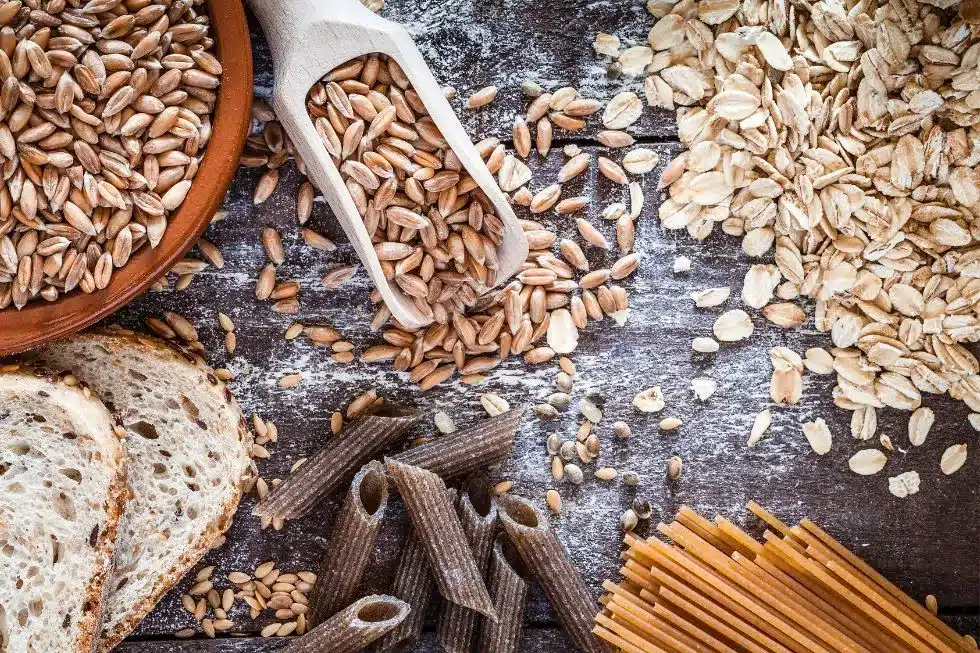
Conclusion: Integrating High-Protein Vegan Meals into Your Lifestyle
Adopting a high-protein vegan diet for muscle building is not just about individual meals; it’s about integrating these nutritional principles into your daily lifestyle. Here are key takeaways to ensure sustainable and effective muscle growth:
Consistency is Key: Regularly include high-protein vegan meals in your diet. Consistency in your eating habits is crucial for long-term muscle building and health.
Plan Your Meals: Take time to plan your meals weekly. This helps in maintaining a balanced diet and ensures you’re meeting your protein and nutrient requirements.
Be Mindful of Nutrient Timing: Pay attention to when you consume protein-rich meals, especially around your workout sessions. Post-workout meals should ideally be high in protein to aid in muscle recovery.
Educate Yourself: Keep learning about vegan nutrition. Understanding the health benefits and nutritional profiles of various plant-based foods can help you make informed dietary choices.
Enjoy the Journey: Finally, enjoy the process. Experiment with new recipes, flavors, and ingredients. A vegan diet can be incredibly diverse and enjoyable.
By embracing these practices, you can successfully build muscle on a vegan diet, proving that strength and health can flourish on plant-based nutrition.
The Vegan Diet is a natural and friendly way of eating that excludes all animal products. By focusing solely on plant-based foods like fruits, vegetables, grains, legumes, nuts, and seeds, having a vegan diet avoids contributing to animal exploitation and potential health benefits such as lower cholesterol levels, reduced risk of heart disease, and better weight management.
Embracing Plant-Powered Muscle Building
The journey of muscle-building on a vegan diet is an empowering and healthful path. This article has explored not only the practical aspects of high-protein vegan meals but also the broader context of integrating these nutritional strategies into a lifestyle conducive to muscle growth and overall well-being. Whether you are a seasoned athlete or someone just beginning their fitness journey, the versatility and benefits of a high-protein vegan diet are undeniable.
As we’ve seen, protein-rich plant-based foods offer a sustainable and ethical alternative to traditional animal-based proteins, without compromising on the nutritional needs essential for muscle development. By incorporating a variety of these foods into your diet, you can achieve your fitness goals while also enjoying the myriad health benefits that a plant-based diet offers.
Remember, the key to success in any dietary change is consistency, education, and mindfulness. Embrace the diversity of vegan proteins, experiment with different recipes, and listen to your body’s needs. With the right approach, a vegan diet can be a powerful ally in your muscle-building journey.
Let the power of plants fuel your fitness goals, and enjoy the journey towards a stronger, healthier you.
